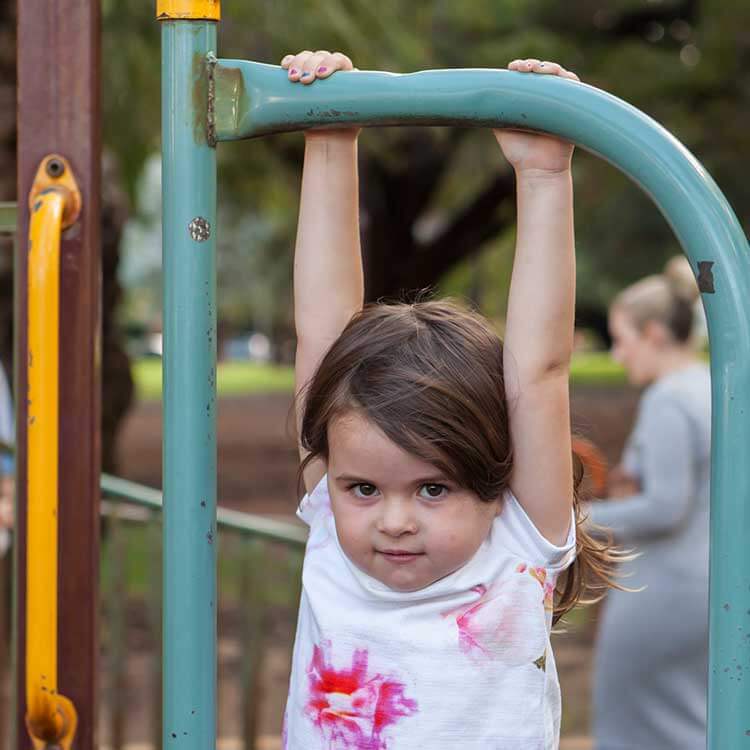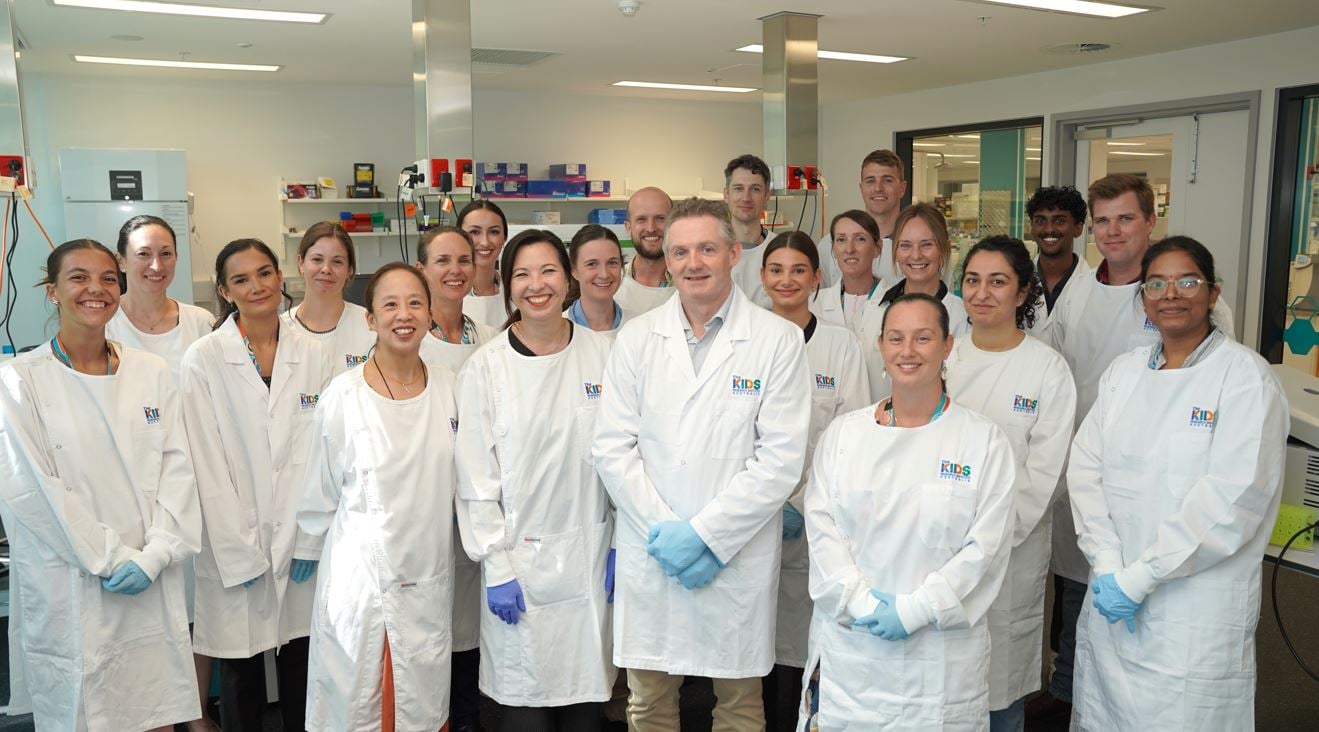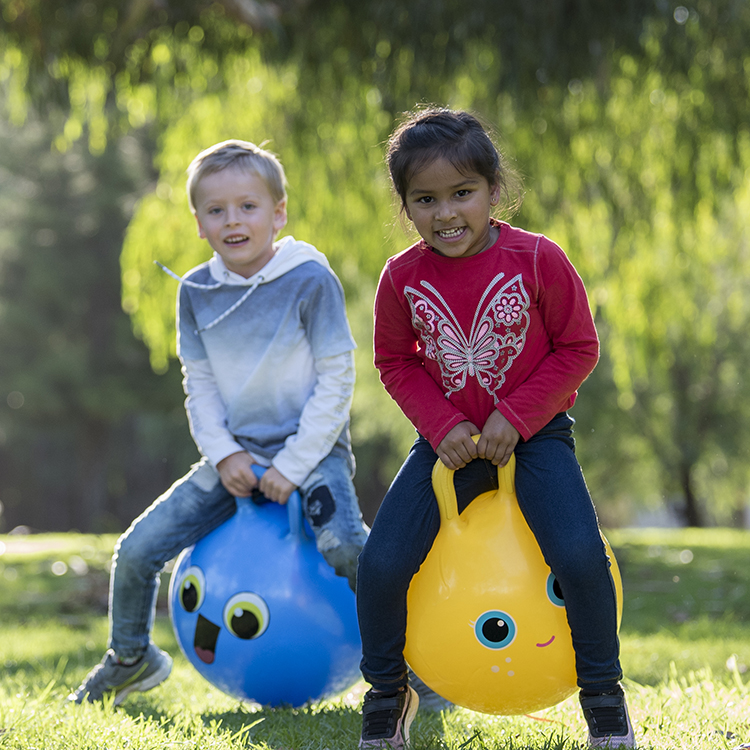Search
This study compared the behavior profile of cases in the Australian Rett Syndrome Database (ARSD) with those in a British study using the Rett Syndrome...
The Advisory Council on the Prevention of Deaths of Children and Young People today officially released this report.
View the projects currently underway at The Kids Research Institute Australia by our range of different children's health research teams.

The Airway Epithelial Research Team is investigating the role of the epithelium in the development of airway diseases including asthma, cystic fibrosis and lung transplant rejection.

We strive for a future where no child will die from brain cancer because we have developed new therapies that will cure their disease.

The Children’s Respiratory Science group’s research has an emphasis on mechanisms of respiratory health in children including those that predict and underpin acute viral respiratory infections in children.
If the gut becomes damaged it may not be able to process the foods that we eat as well as it used to. This may also affect how we look after diabetes.
This study is looking for the causes of type 1 diabetes, so that we can find ways to prevent it. We will follow many women around Australia during pregnancy until early childhood, looking at the child's birth, environment and genes.
A register which stores demographic and clinical data on all patients attending the diabetes clinic at Princess Margaret Hospital
The purpose of this randomized clinical trial is to determine whether the use of the BIB aids weight loss in obese adolescents.
